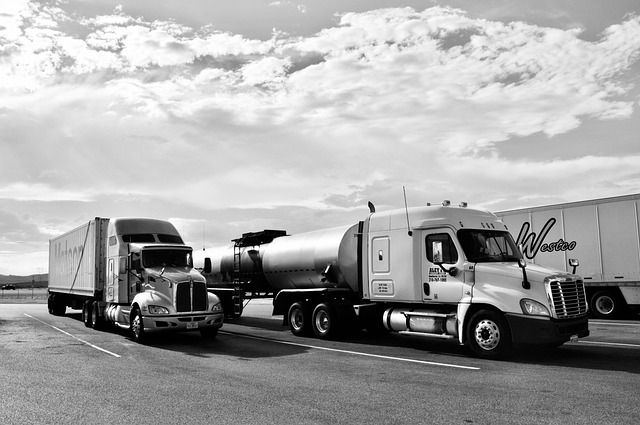Insuring a box truck requires understanding tailored needs. Policies cover liability, physical damage, and in-transit cargo protection. Business owners need comprehensive coverage, including collision and custom options for unique risks like loading/unloading at varied locations. Custom box truck insurance offers peace of mind by aligning costs with specific business requirements and mitigating risks associated with delivery trucks and cargo.
In today’s vibrant logistics landscape, ensuring comprehensive box truck insurance is paramount for owners navigating the hustle and bustle of deliveries. This article delves into the intricacies of delivery truck insurance, focusing on box truck liability coverage as a critical component for protecting your business. We’ll explore key policy elements, best practices, and customization options to safeguard your operations from potential physical damage and liability claims. Discover how to secure tailored custom box truck insurance solutions for peace of mind on the road.
- Understanding Box Truck Insurance Requirements
- Key Components of a Comprehensive Box Truck Policy
- Customizing Your Box Truck Liability Coverage
- Protecting Your Business: Best Practices for Box Truck Owners
Understanding Box Truck Insurance Requirements
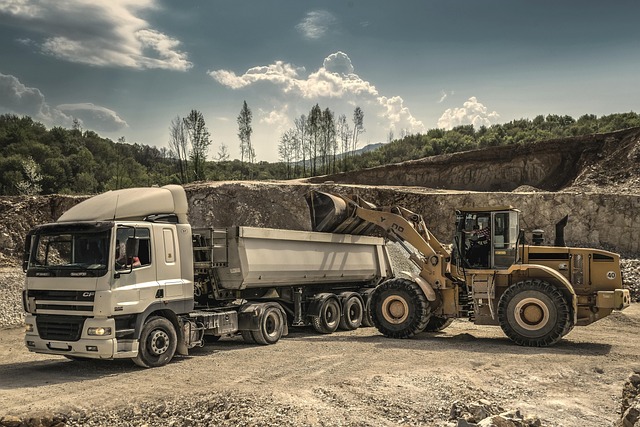
When it comes to insuring a box truck, whether for personal use or as part of a business operation, understanding the specific requirements is essential. Box truck insurance policies are designed to cover a wide range of risks associated with these versatile vehicles, which often double as delivery trucks and specialized carriers. In many jurisdictions, commercial vehicle owners are mandated by law to carry certain levels of liability coverage to protect against potential physical damage and personal injuries caused during operation.
For businesses relying on box trucks for their operations, securing the right policy is crucial. This typically involves a comprehensive insurance plan that includes liability coverage, collision protection, and in-transit protection for goods being transported. Custom box truck insurance options cater to unique business needs, ensuring that operators are adequately protected against financial losses resulting from accidents, theft, or damage to their vehicles and cargo.
Key Components of a Comprehensive Box Truck Policy
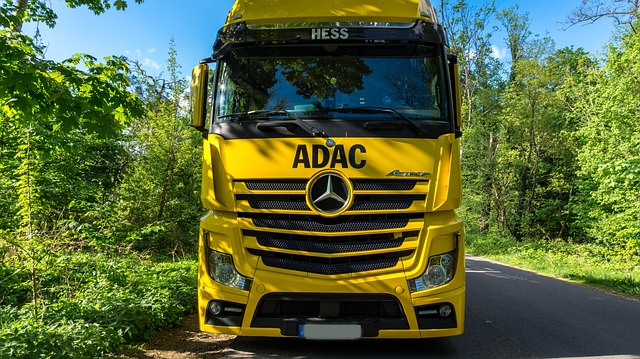
When it comes to insuring your box truck, a comprehensive policy is essential for protecting your business and assets. Key components include liability coverage, which shields against claims arising from accidents or damage caused to others, up to the policy limits. This protection is crucial for delivery truck insurance, as it can safeguard against significant financial losses.
Additionally, a robust box truck policy should encompass physical damage coverage, designed to repair or replace your vehicle in the event of theft, vandalism, or accidents not covered by liability insurance. Custom box truck insurance tailored to your specific business needs can include additional protections for cargo, fleet vehicles, and even personal injury protection for your employees. Such comprehensive box truck protection ensures that your business remains resilient against unforeseen events, enabling uninterrupted operations and peace of mind.
Customizing Your Box Truck Liability Coverage
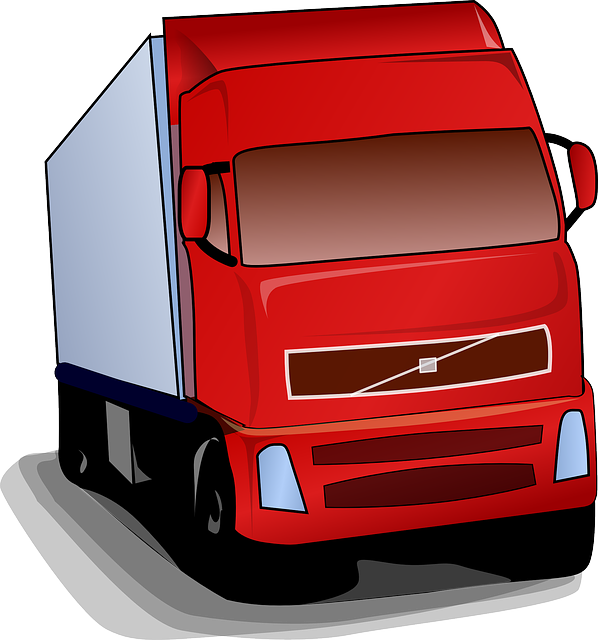
When it comes to insuring your box truck, customizing your liability coverage is key. This means evaluating your specific business needs and risks associated with operating a delivery truck. For instance, if your business involves loading and unloading at various locations, consider increasing your liability limits to account for potential drops or accidents during these processes. Customizing also allows you to tailor coverage for different types of cargo and clients, ensuring you’re protected no matter what goods you’re transporting.
A good box truck policy will offer comprehensive protection, including physical damage coverage for accidents and theft, as well as liability coverage for third-party damages and injuries. By carefully reviewing and adjusting your policy, you can ensure that your business is adequately protected while keeping costs in line with your operation’s unique requirements. Remember, the right custom box truck insurance is an essential part of risk management, providing peace of mind on the road.
Protecting Your Business: Best Practices for Box Truck Owners
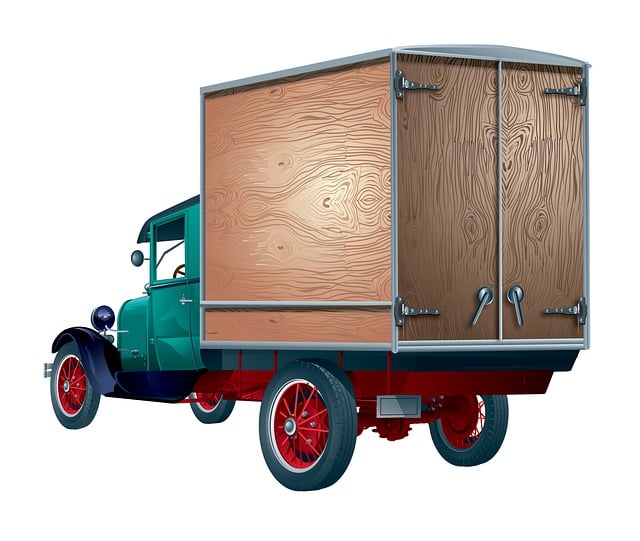
Protecting Your Business: Best Practices for Box Truck Owners
As a box truck owner, ensuring adequate liability and physical damage coverage is essential to safeguard your business from potential risks. The right insurance policy acts as a protective shield, mitigating financial losses in case of accidents or damages during delivery operations. Opting for specialized box truck insurance provides tailored protection, addressing unique challenges faced by these vehicles. This includes comprehensive delivery truck insurance plans that cover both your vehicle and cargo, offering peace of mind while navigating through bustling urban environments.
When crafting your risk management strategy, consider combining liability coverage with a robust physical damage policy. Customizing your box truck policy to match your specific business needs is key. For instance, if you operate in areas prone to harsh weather conditions, ensuring coverage for wind, hail, or flood damages could be invaluable. Additionally, regular reviews of your insurance plan are crucial, as they allow you to adapt to changing circumstances, whether it’s adding new routes or investing in specialized equipment, ultimately fostering a resilient and protected box truck business.
When it comes to insuring your box truck, understanding the key components and customizing your policy to fit your specific business needs is essential. By prioritizing liability coverage, physical damage protection, and implementing best practices, you can ensure that your box truck business is shielded against potential risks. Remember, a well-tailored insurance policy is your shield in an unpredictable world, allowing you to focus on efficient operations and growth in the competitive delivery truck industry.
